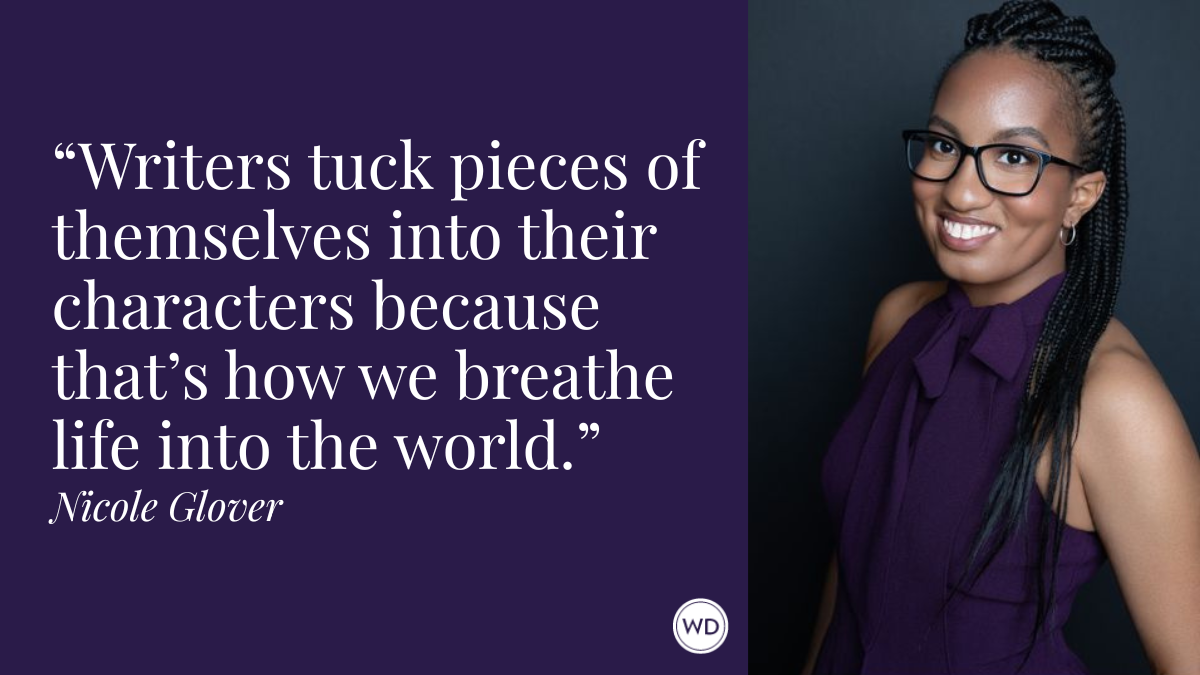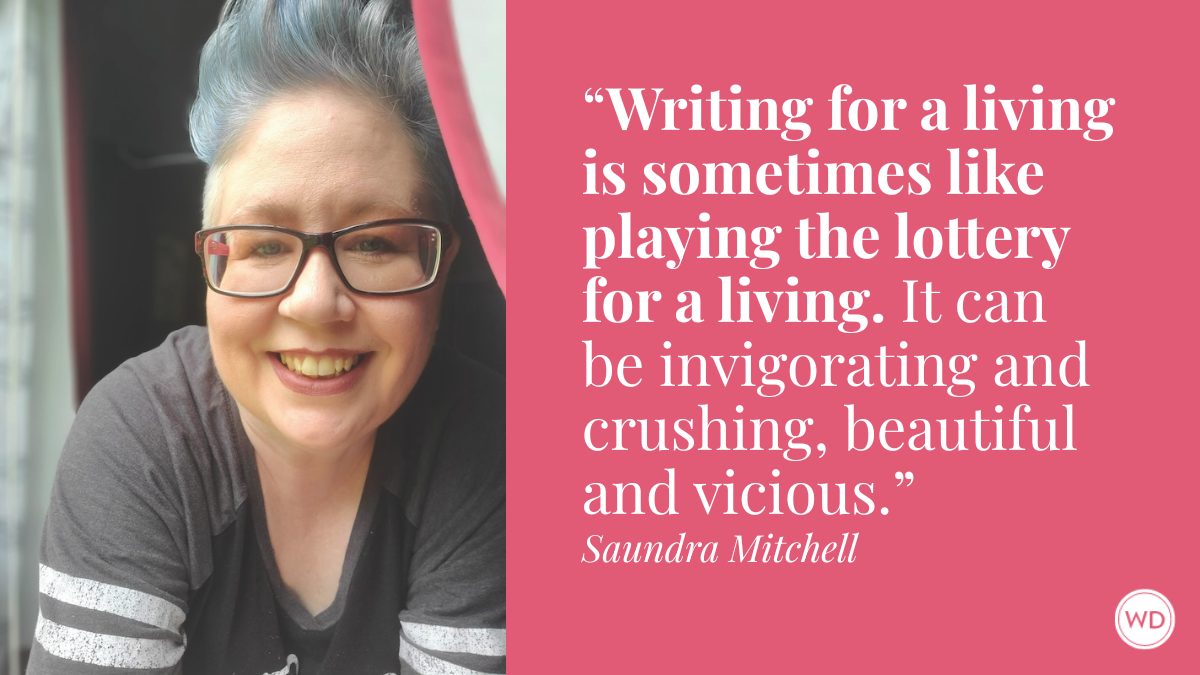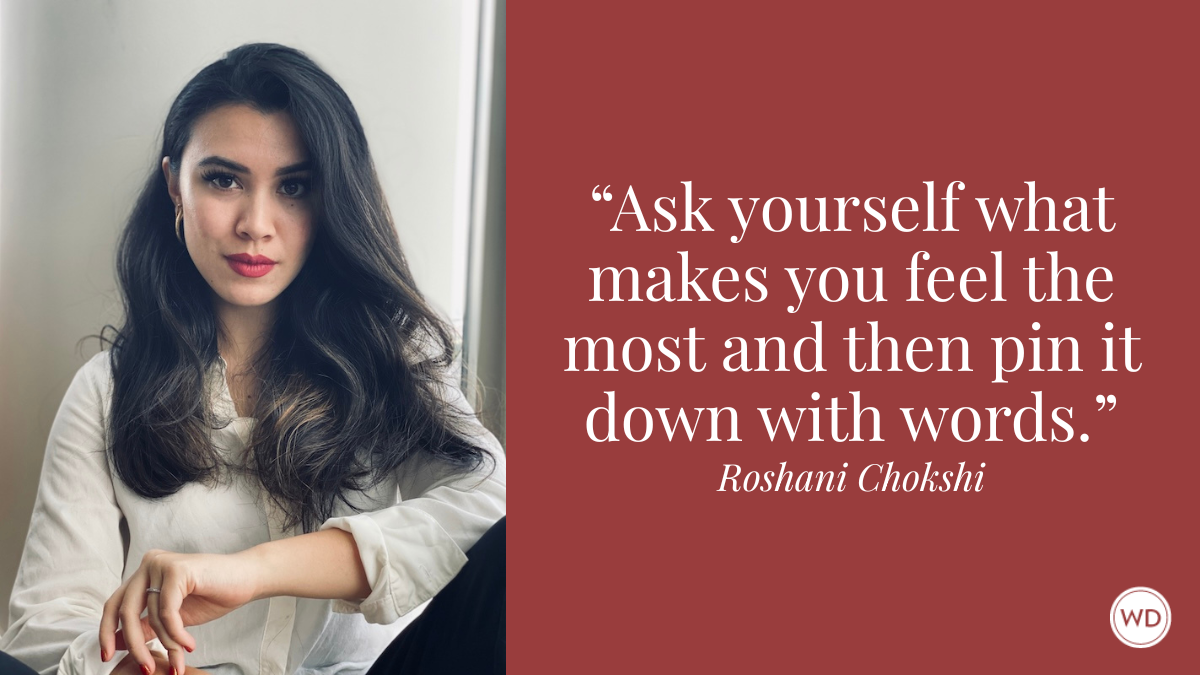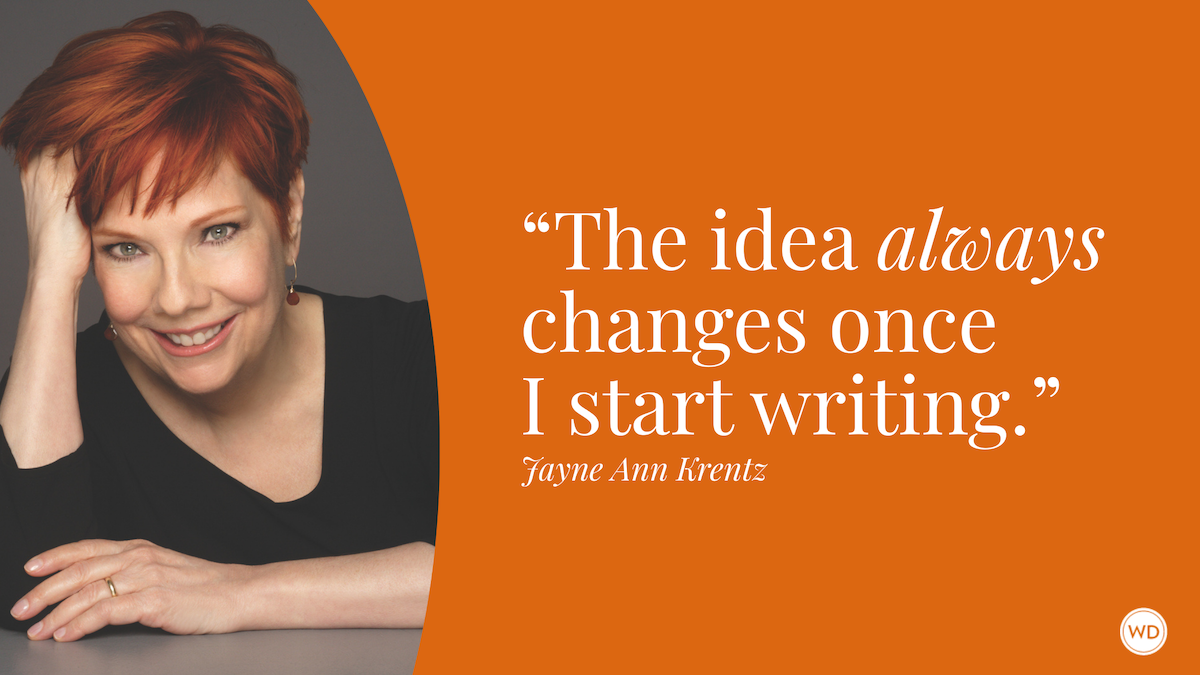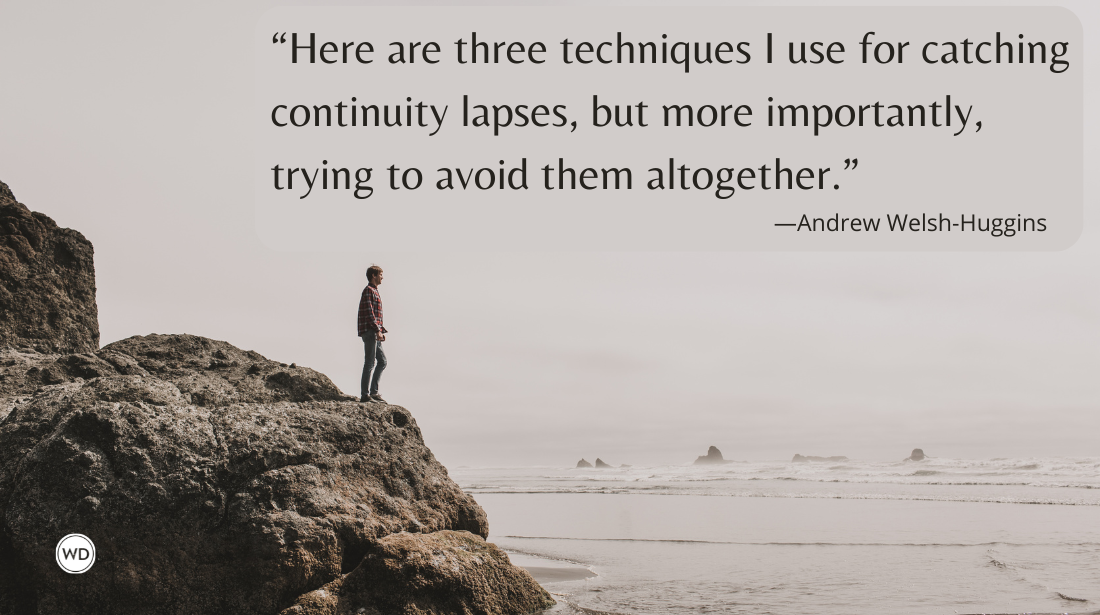How to Finish That Novel
At one time or another, all writers would probably describe themselves as “frustrated” by the writing process. With writer’s block, computer malfunctions, Twitter, kids, and Tetris all clamoring for our attention, it’s hard to pen a short story, let alone a novel. But if you’re serious about writing you’ll make it work. Here are some tips on finishing that novel.
Q: I am a working mom and frustrated writer. I have been writing a story for several months, but now find myself stuck. I know what the story is about, I have a very detailed and a clear mental image of the characters in my head. I am currently in the process of fleshing out the story, but what next? I don't know anything about getting into this field, and outside of college, have never written such a long and involved story. What advice and directions can you suggest to a writing virgin? —Val M
A: At one time or another, all writers would probably describe themselves as "frustrated" by the writing process. With writer's block, computer malfunctions, Twitter, kids, and Tetris all clamoring for our attention, it's hard to pen a short story, let alone a novel. But if you're serious about writing you'll make it work. Here are some tips on finishing that novel.
First, evaluate your daily schedule. Find at least 15 minutes of every day—that's right, every day—to dedicate to writing. Whether it means you have to wake up 15 minutes earlier, go to bed 15 minutes later, eat lunch faster, take a notepad into the bathroom—whatever it takes, you have to make time to write. It's the one and only definitive prerequisite to being a writer.
Next, take the first two weeks of that time to organize your notes. Evaluate them. Put them in order. Improve them. Some writers will write the beginning and last lines of each chapter, forcing themselves to have start and stop points. This also can keep you on track and help you forward along your novel. You can make adjustments as necessary, but this way you'll always know where to start and where you need the story to go—which will help keep writer's block at bay (or in the back room playing the Tetris game you're successfully ignoring).
And finally, just write. Don't worry about quality. Don't worry about grammar or style. Don't worry about agents or publishers. Don't worry about anything except telling your story. Second and third drafts are for editing, rewriting and polishing. First drafts are for getting the stories out of your head and onto paper.
Get the complete start-to-finish mega-guide to
writing your book with Novel Writing, a special
130-page bookazine from Writer’s Digest.
Download it now or buy it in print.
Thanks for visiting The Writer's Dig blog. For more great writing advice, click here.
Brian A. Klems is the editor of this blog, online editor of Writer's Digest and author of the popular gift bookOh Boy, You're Having a Girl: A Dad's Survival Guide to Raising Daughters.
Follow Brian on Twitter: @BrianKlems
Sign up for Brian's free Writer's Digest eNewsletter: WD Newsletter
Brian A. Klems is the former Senior Online Editor of Writer’s Digest, and author of Oh Boy, You’re Having a Girl (Adams Media/Simon & Schuster). Follow him on Twitter @BrianKlems.




